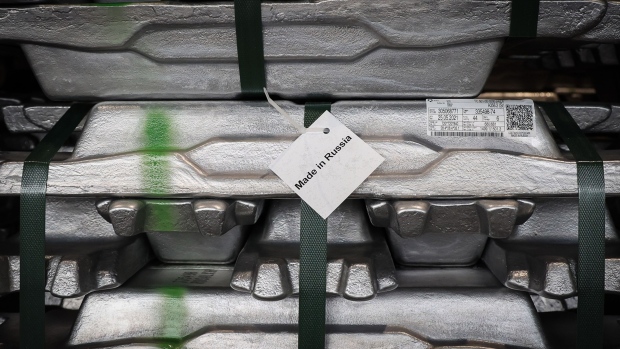
Commodity traders go from bonanza to bailout plea
BNN Bloomberg
Consultant Oliver Wyman’s report estimates the industry generated US$61 billion in profit last year. This year traders have asked for help amid crushing volatility.
On the face of it, a time of “pandemic, drought, wildfires, civil unrest, and now war in Europe” doesn't sound like a great business environment. Unless you’re a commodity trader.
The world’s dealers of raw materials are the lubricant of global commerce, and when there's a lot of friction, as there has been since 2020, you need a lot of grease. For the traders, that translates into dollars; lots of them
Consultant Oliver Wyman, whose annual review of the sector provides some visibility into a largely opaque world, reports that the industry generated cash like never before in 2021. The firm’s analysis includes not just the independent merchants — such as Vitol Group and Trafigura Group – but also the in-house trading business of the oil majors and the big utilities. Their combined gross margin, a proxy for profitability, surged to an all-time high of about US$61 billion, surpassing the 2008 peak during the last commodity boom, according to Oliver Wyman.
The bonanza, which has continued into this year, comes as traders face the most volatile market in several generations. The Bloomberg Commodity Spot index earlier this month posted a weekly jump of more than 13 per cent — the largest one-week price increase in data going back more than 60 years ago.
As in 2020 and 2021, volatility is a sure path to strong profits for commodity traders. At least, that’s if they can survive long enough to collect their winnings. Right now, the industry is struggling. In a letter to governments and regulators, the lobby group for the European energy traders warned of “intolerable cash-liquidity pressure” across the sector. In some cases, trading houses have “exhausted” their credit lines. The solution, according to the European Federation of Energy Traders (EFET), is a bailout. Or, in the more politically correct words of the lobby group, a “time-limited emergency liquidity support” from governments or central banks.
